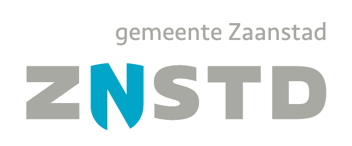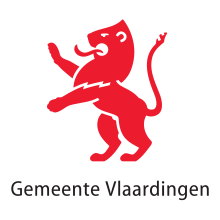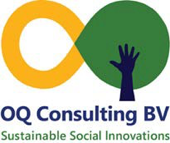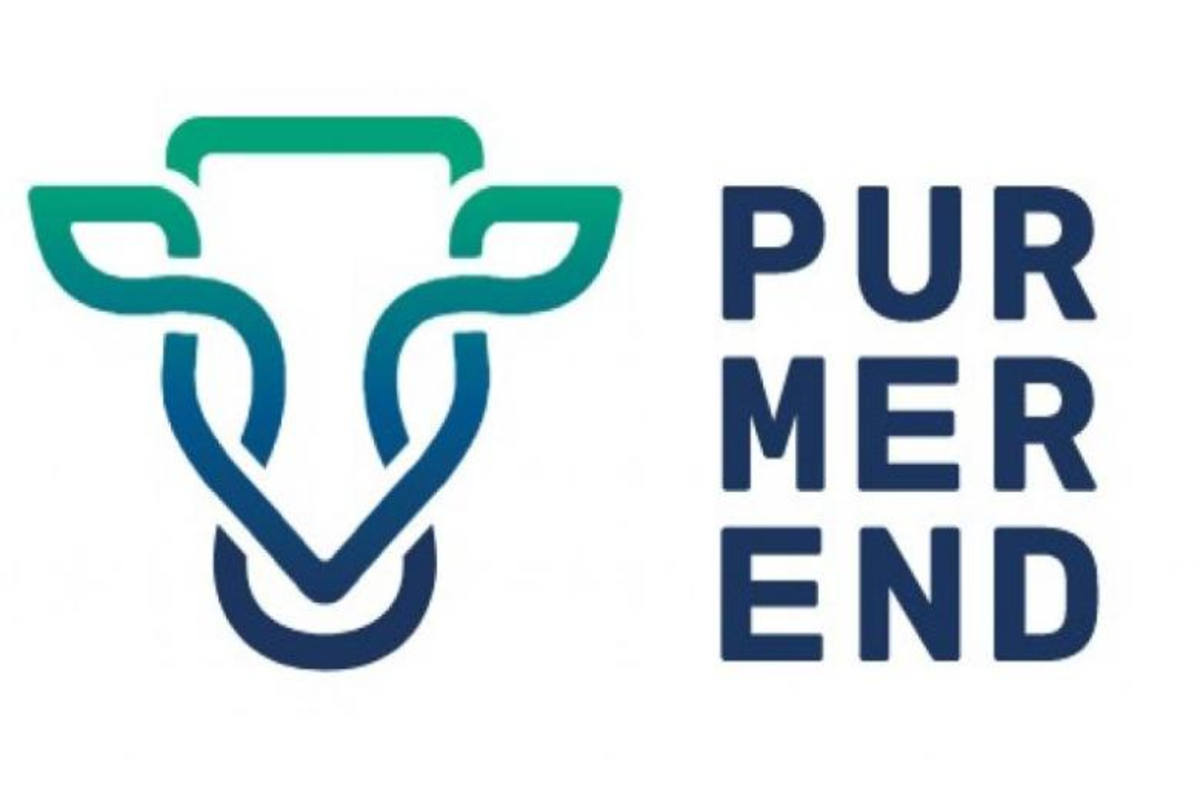NETSHEILA is available to support your Big Goals. A highlight from our week gives an indication of what is possible.
On Tuesday my colleague Vera Vrijburg and I visited a friend who is a doctor to asylum seekers. His vision is that all asylum seekers get the best medical care and to do that he trains his staff to provide the best. My friend’s medical practice is spread over 4 locations, not very close together. The problems the asylum seekers in each center have are different, but all deal with the fundamental fear of not being granted asylum. That has, of course, a huge effect on their health.
My friend is the only doctor for the 4 locations and he has 2000 patients, most of whom he speaks with via an interpreter.
He realized he could see more people, and provide better service, if his nurses became the primary people the patients see. He trained his nursing staff to conduct primary consultations and to seek his permission for specific kinds of decisions. For these, the staff pop into my friend’s office. It takes seconds. My friend sees some of the patients himself.
The staff are being trained, as in every organization, in proficiency and in keeping up their professional knowledge.
Changing the way the medical practitioners interact with the patients has been successful, and the practitioners themselves are satisfied with this way of working. These changes have also influenced the culture of the organization.
While I was visiting, I spent a few minutes in the lunchroom while my friend was seeing a patient. A visiting vendor was engaged in selling the specialist in blood extraction a system that could save the service a few thousand euro’s a year. Her mind was made up, she wanted this system, but she could not make the decision, she said, without first asking the doctor. She kept the vendor waiting till my friend re-emerged, and he made his decision again in 30 seconds. This wasn’t a medical decision; the nurse felt she did not have the capacity to decide on a money-saving deal.
My friend’s problem is, he has reached a limit. The 30-second interruptions break his concentration. He has the time but not the concentration to develop the other part of his master plan, which is a better general approach to the care of asylum seekers in the Netherlands. Holistically speaking, being a doctor is about more than prescriptions, it is about ensuring that the environment in which the patient is living supports their well-being.
What would make a difference is a cultural upgrade within the organization. A cultural upgrade results in personal leadership. It is based on a shared vision. The shared vision is more than well-thought through words at the top of a website, it is the personification of what binds people to their work. The primary question a participant in an upgraded culture asks is: how will my decision forward our vision? In a culture full of leaders, a vision that seemed impossible 5 years ago suddenly looks small. New goals are possible.
Changing a culture is not rocket science but it does take work. Teams are trained, vision statements are reinvented, people learn to talk with each other from their core values and leave their complaints behind.
NETSHEILA has access to many specialists in a many countries. We want to support culture change in organizations throughout the world. It is the way we contribute to people who, in their professional lives, are committed to a world that works for everyone.
Our clients



















